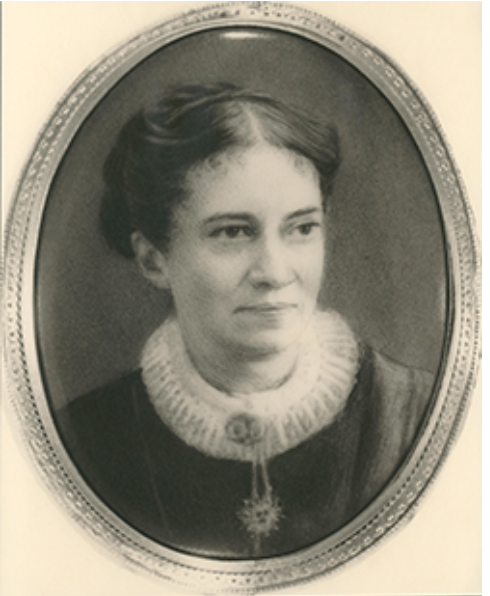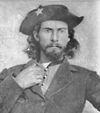Lessons of the Civil War in North Carolina: Thoughts by Cornelia Phillips Spencer--Originally published in 1866

In her work, The Last Ninety Days of the War, Cornelia Phillips Spencer had some interesting thoughts contrasting the the war spirit vis-a-vis the cautionary thoughts of the old "fogies" before the war and the lessons learned at the end of the conflict in North Carolina via her analysis.
August Glen-James, editor
Quiet men, who were familiar with the pages of European history and knew what Christian armies had done again and again in the fairest and most civilized portion of her empires, these came gravely from their studies with words of warning to the gay throngs of young people who were cheering each other on to the impending strife.
The truth of history demands that the facts shall be told on both sides calmly and with impartiality. The world, which has heard so much of one side, should hear the other too; and posterity, at whose bar we shall all stand for this four years’ work, should have every opportunity afforded for a righteous verdict. And there are other ways in which the truth plainly told may do good. People will be enabled, looking at these details, to arrive at a just estimate of what war may become, even among Christian people, and shudder to invoke its horrors lightly, and may teach their children so. How many of us knew in the spring of 1861 what was about to break out among us—what wide-spread ruin, what raging passions, what furies of hell, which once evoked will not down at our biddings?
Quiet men, who were familiar with the pages of European history and knew what Christian armies had done again and again in the fairest and most civilized portion of her empires, these came gravely from their studies with words of warning to the gay throngs of young people who were cheering each other on to the impending strife. But these were to old fogies of that day—cold-blooded—unpatriotic—who did not love the South. What a short and brilliant programme was laid down! The girls made their silken banners, and the boys marched proudly off to glorious victory; England and France would see fair play; and this dear and sunny South was to spring at once upward and onward in a career of glory. One of the most influential journals in the South—one of the soberest—dealing lightly and easily with the great issues of the war; settling at a word the boundary lines of the new Southern republic, and dotting what were to be our frontier States with a chain of forts; establishing the new war office, and the standing army, henceforth to be a necessary feature, grew enthusiastic over the splendid resource thus to be afforded to our “aristocratic young men of family and fortune.” The army was to be especially for the gentlemen of the South. Alas!
And alas! Now, torn and bleeding and broken-hearted, humiliated, stripped, crushed, disfranchised, and helpless, we may look back and learn a lesson.
The benefits of the war in our State should not be overlooked in summing up even a slight record concerning it. It brought all classes nearer to each other. The rich and the poor met together. A common cause became a common bond of sympathy and kind feeling. Charity was more freely dispensed, pride of station was forgotten. The Supreme Court judges and the ex-governors, whose sons had marched away in the ranks side by side with those of the day-laborer, felt a closer tie henceforth to their neighbor. When a whole village poured in and around one church building to hear the ministers of every denomination pray the parting prayers and invoke the farewell blessings in unison on the village boys, there was little room for sectarian feeling. Christians of every name drew nearer to each other. People who wept, and prayed, and rejoiced together as we did for four years, learned to love each other more. The higher and nobler and more generous impulses of our nature were brought constantly into action, stimulated by the heroic endurance and splendid gallantry of our soldiers, and the general enthusiasm which prevailed among us. Heaven forbid we should forget the good which the war brought us, amid such incalculable evils; and Heaven forbid we should ever forget its lessons—industry, economy, ingenuity, patience, faith, charity, and above all, and finally, humility and a firm resolve henceforth to let well alone.
